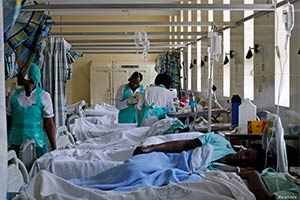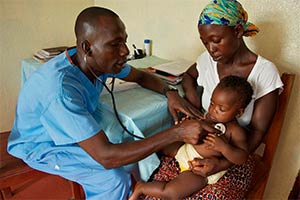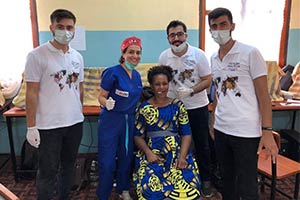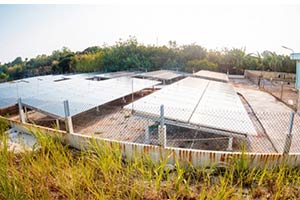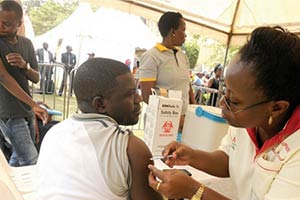The Turkish Cooperation and Coordination Agency (TIKA) has on many occasions helped Lamu by sending doctors and specialists to undertake various medical camps.
The government of Turkey has pledged to provide financial support towards boosting the health sector in Lamu county.
The pledge was made by Turkish ambassador to Kenya Ahmet Miroglu during his tour of Lamu.
The TIKA programme which was founded in 1992 is responsible for the organisation of the bulk of Turkey’s official development assistance to developing countries.
Miroglu said Turkey would provide both financial help and manpower to help boost the functionality of the health institutions.
Apart from health, TIKA has also been implementing other projects in various counties, particularly in Agriculture, Education and many others.
Miroglu expressed his satisfaction with the management of King Fahad Referral Hospital as well as other health institutions. He lauded Lamu county government for the efforts to improve the sector.
He also said Turkey hopes to continue partnering with the Lamu county government and Kenya as a whole in providing the much needed medical assistance to the local communities.
Deputy Governor Abdulhakim Aboud lauded the Turkish government and the TIKA programme for their dedicated efforts in supporting health care institutions within the country.
Aboud further continued, “We’re happy for the existing cooperation between Lamu and Turkey. TIKA has been of great benefit not only to Lamu but the rest of the counties. We will continue to strengthen the relationship for the benefit of our people.”
In a bid to improve healthcare access, Lamu has enrolled more than 20,000 poor and vulnerable families into the free National Health Insurance Fund cover.

